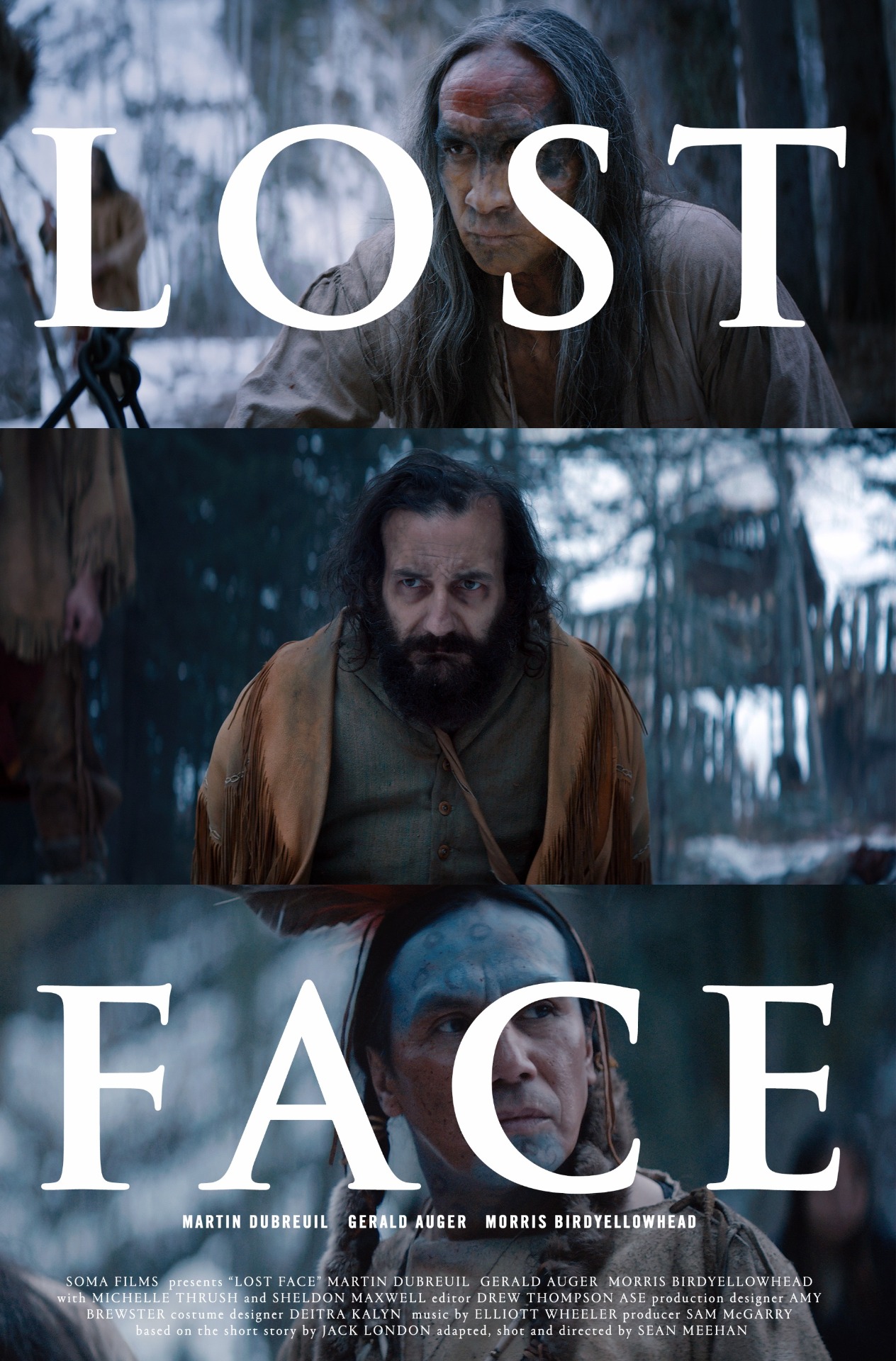Won Best Online Short at the 2017 Palm Springs International ShortFest

Who or what motivated you to pursue filmmaking?
It’s such a terrible cliché, but I saw Star Wars when I was a kid and knew right then that I wanted to be a director. Seriously. It’s all I can ever remember wanting to do. Everything I did in school and throughout university was about one-day directing movies. I went a bit of a roundabout route though, starting in the camera department then directing commercials before shooting a short, but it’s slowly happening. I’m hoping that patience pays off one day soon!
How does your film primarily differentiate or distinguish itself from other work?
It’s difficult to define your own work, but I’d say that I hope that it has a sense of cinematic reality. It’s difficult for me personally to connect with a story unless it feels true, whether it’s the story is about a Vietnam Vet trying to outrun a Mexican hitman or a lonely robot looking for love and purpose – so I tried to find the truth in our story. I wanted it to feel cold and bleak, but at the same time dynamically human and cinematic. It was important to go beyond the basic machinations of plot and try and find the emotional center.

What is some of the best advice you've received?
That good manners cost nothing and give you everything. It sounds so basic, but listening to people, asking politely and saying please and thank you go a very long way during every step of the filmmaking process. I’ve found that pretty much everyone is there for the right reasons and they all want to do good work. If you treat people with dignity and respect it comes back at you - and it makes for a fun, relaxed and creative work environment. When I was working my way through the camera department I encountered quite a few angsty, shouty directors, and even if they couldn’t see it, it ultimately affected the quality of their work.
What does this story have to say regarding human ingenuity?
I love that Subienkow (the protagonist) reacts in a way very few of us would during, what is for him, an impossible situation, but I also see him as duplicitous and even somewhat petty. I actually think Yakaga is the most ingenious character in the film. He patiently and methodically makes all the right moves to eliminate the immediate threat to his people. I feel he’s the leader they deserve.
What lessons learned from previous projects did you take to heart during the production of this film?
I was a boy scout, so I have to say it was to Be Prepared. I’ve always been heavy on prep and I try to anticipate all the things that might derail a production (which is basically impossible). We had three days to shoot the film, literally during the winter solstice, so we only had around seven hours per day of shootable light. Twenty-one hours in total, minus an hour lunch each day (which everyone genuinely needed because of the cold). We’d lost most of our snow a couple of days before due to a warm wind they call a Chinook and we were spending hours every day spreading snow around the set (on top of the frozen mud), trying to make it look consistent. But I’d (probably obsessively) done my homework. It was a controlled scramble to make our days, but I’m quietly proud of myself that every shot save one made it into the final edit. That might not have been the case if it weren’t for those very helpful words from Robert Baden-Powell… And Phil Chipera, our fantastic 1st AD.